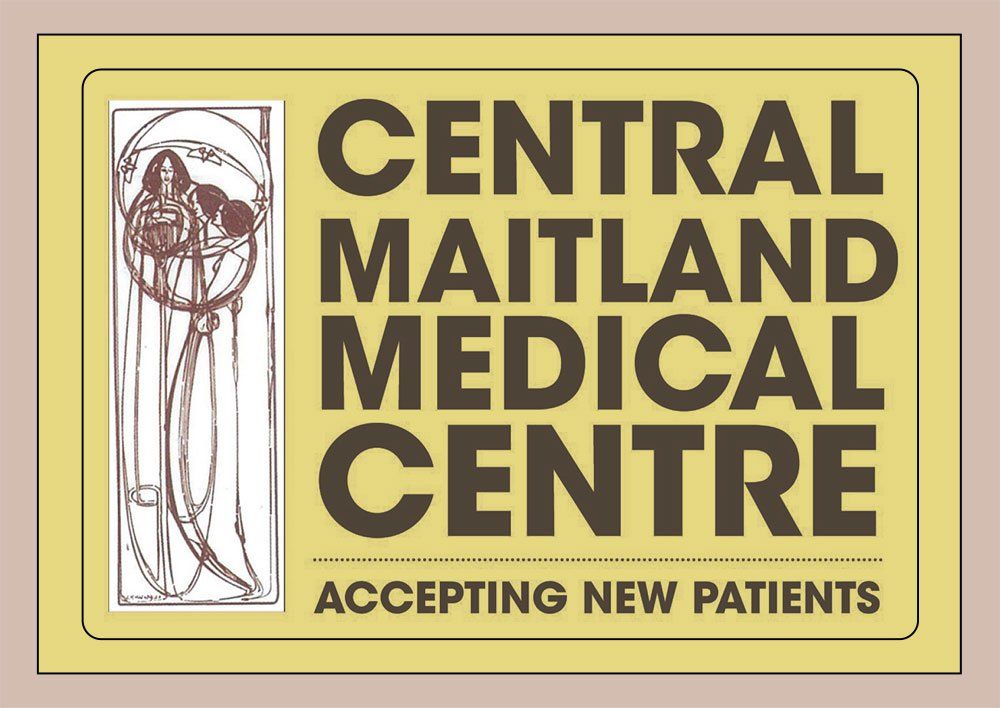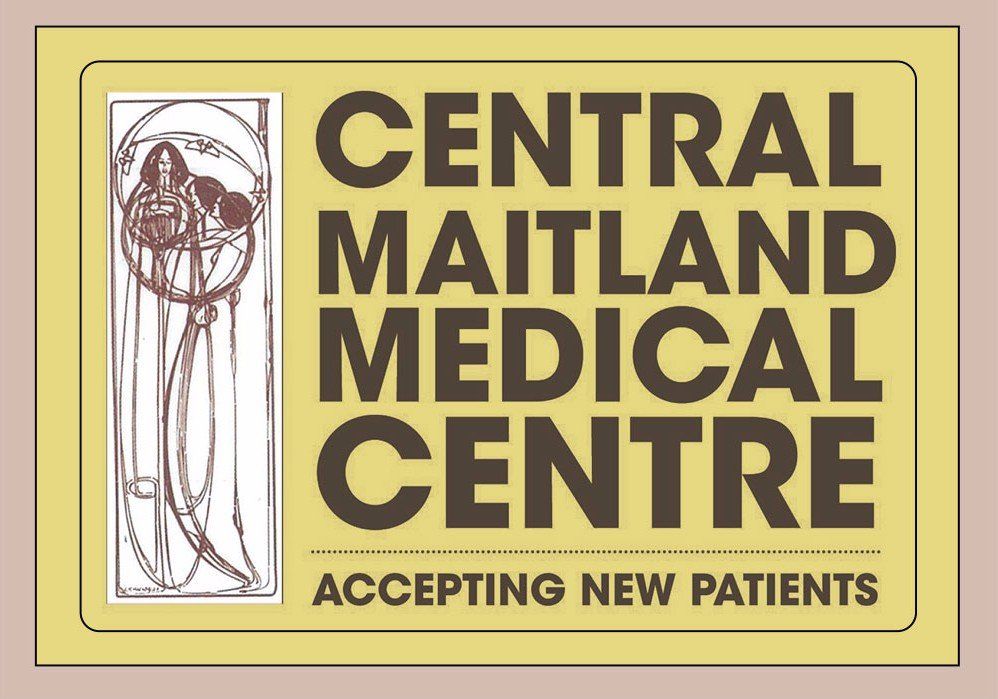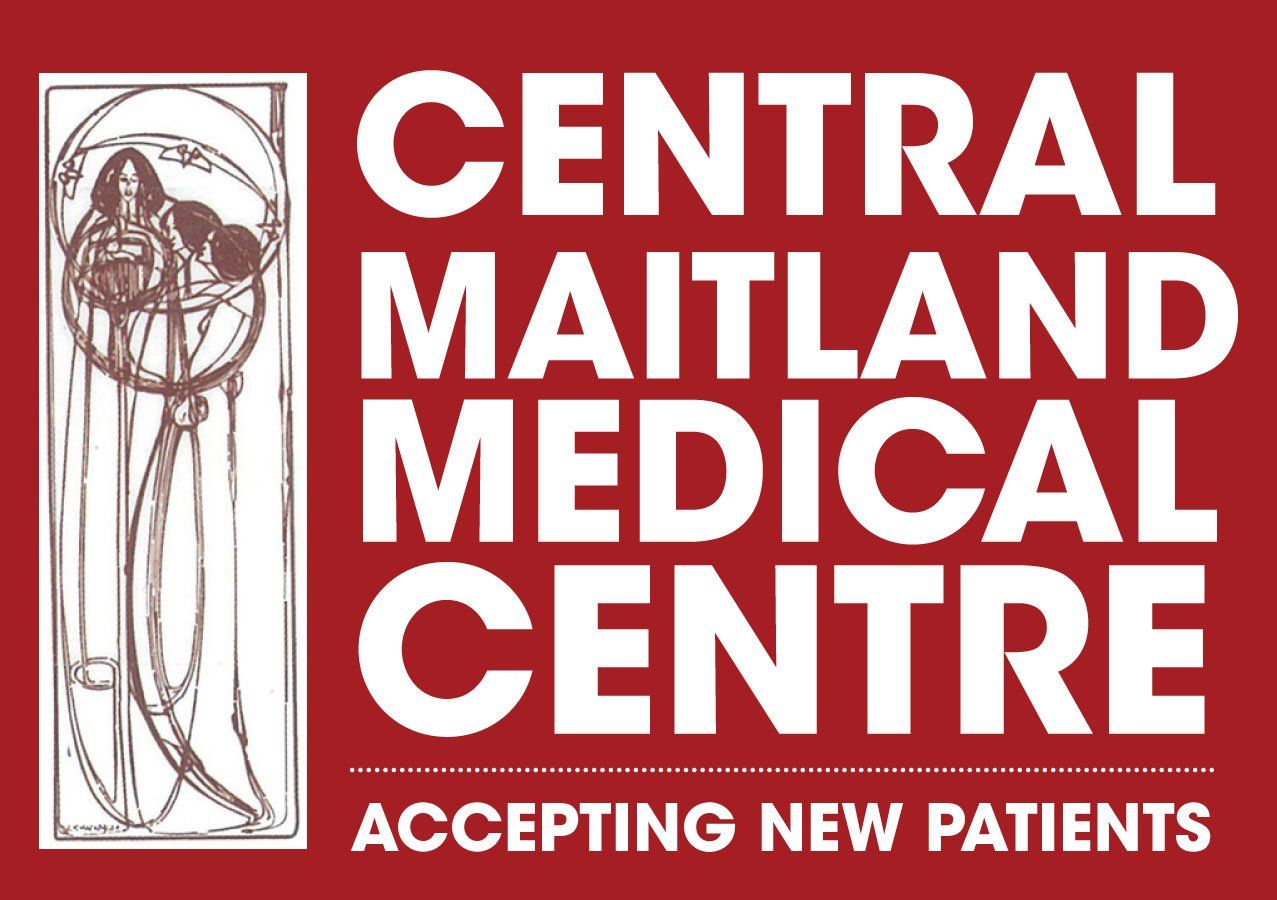- Blog -
Are You Aware of the Cervical Screening Changes?
- By Central Maitland Medical Centre
- •
- 16 Nov, 2018
- •
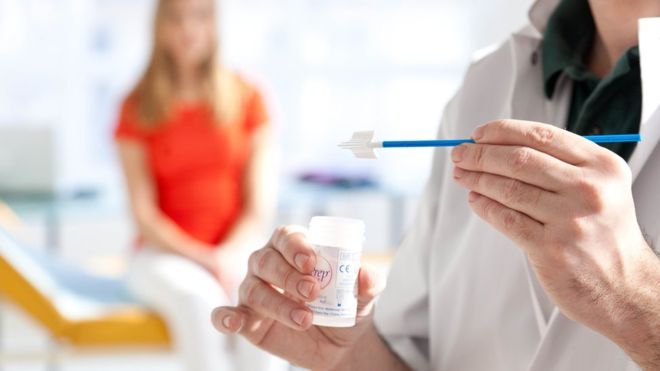
From December 1st 2017 cervical screening changed from a 2 yearly Pap test to a five yearly HPV test now called the CST (Cervical Screening Test).
Why has cervical screening changed?
We now know that 99% of cervical cancer is caused by persistent infection with types 16 and 18 of HPV. Usually HPV infections are cleared by the body but these types of HPV can lead to the development of cancers. By switching to a test that looks for these and other specific types of HPV, we can detect the presence of these HPV infections often before any cellular changes have taken place.
All women between 25 and 45 are eligible for regular HPV testing. Additional testing in certain circumstances include women who experience any abnormal bleeding and young women who were sexually active before they received the HPV vaccination.
Once testing is complete, the laboratory sends the result to the doctor with a risk category that indicates when you should have your next test.
Remember that women of any age who experience symptoms including pain, bleeding or discharge should see their doctor or healthcare professional.
Why has cervical screening changed?
We now know that 99% of cervical cancer is caused by persistent infection with types 16 and 18 of HPV. Usually HPV infections are cleared by the body but these types of HPV can lead to the development of cancers. By switching to a test that looks for these and other specific types of HPV, we can detect the presence of these HPV infections often before any cellular changes have taken place.
All women between 25 and 45 are eligible for regular HPV testing. Additional testing in certain circumstances include women who experience any abnormal bleeding and young women who were sexually active before they received the HPV vaccination.
Once testing is complete, the laboratory sends the result to the doctor with a risk category that indicates when you should have your next test.
Remember that women of any age who experience symptoms including pain, bleeding or discharge should see their doctor or healthcare professional.
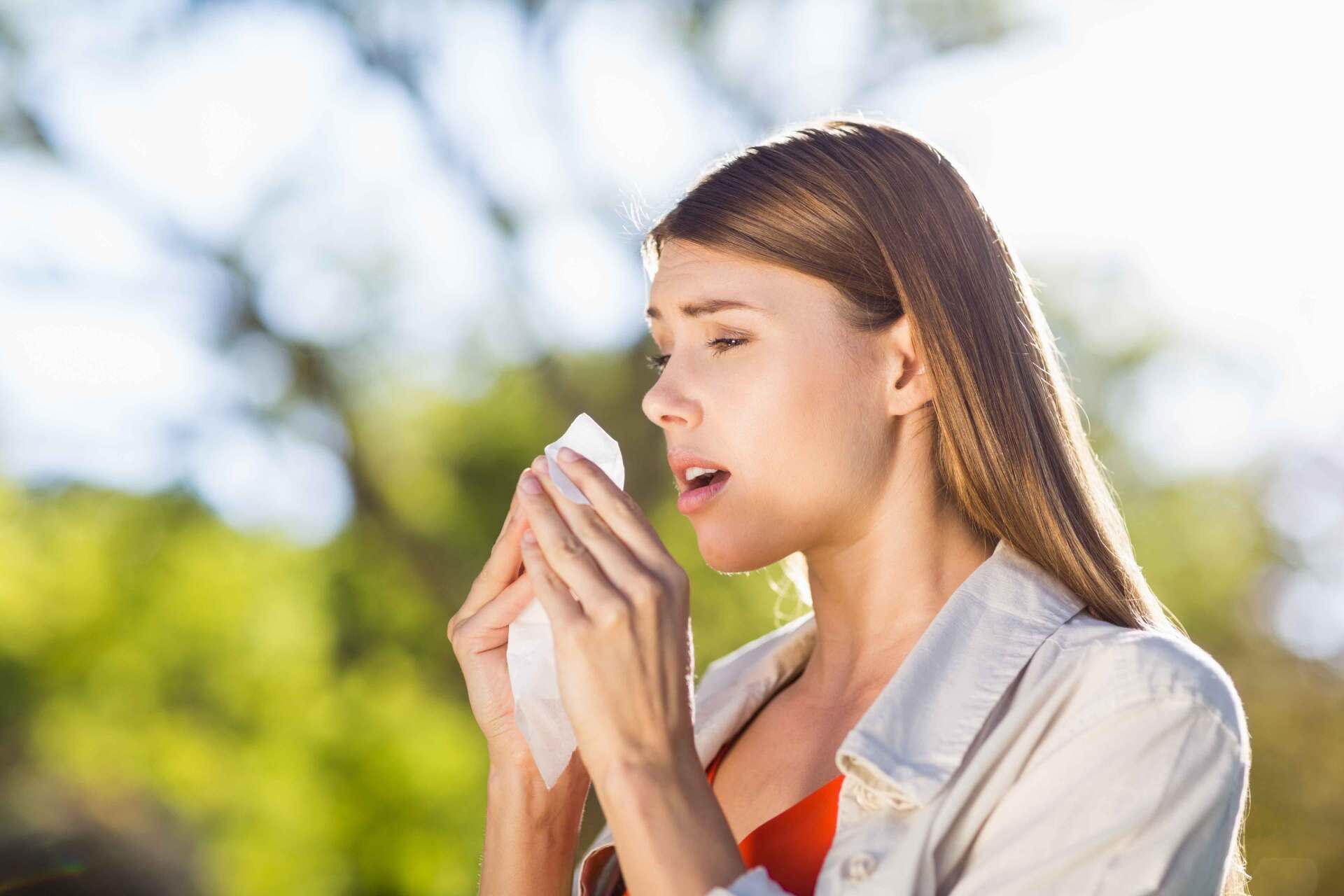
Hay Fever (allergic rhinitis) is an allergic condition more common in spring but can run through to Autumn.
Symptoms can include:
Some of the above can be symptoms of Covid-19. You will need to check with your GP if you are at all concerned.
Triggers:
Hay fever is your body recognising a harmless airborne substance as harmful, and your body produces antibodies to this harmless substance.
The next time your body encounters the substance, your body releases chemicals such as histamine, into your blood stream which causes a reaction that leads to signs and symptoms of Hay fever.
Complications can be:
Prevention:
There is no way to avoid getting Hay Fever other than lessening your exposure to allergens.
Taking allergy medication before exposure, as directed by your GP may be helpful.
Contact your GP if you can not get relief from over the counter allergy medications or if you have another condition that can worsen with hay fever symptoms.
Symptoms can include:
- Sneezing, runny, blocked or itchy nose
- Watery, itchy red eyes
- Cough
- Postnasal drip
- Fatigue
Some of the above can be symptoms of Covid-19. You will need to check with your GP if you are at all concerned.
Triggers:
- Dust and dust mites
- Pollen and grasses
- Mould
- Pet hair
Hay fever is your body recognising a harmless airborne substance as harmful, and your body produces antibodies to this harmless substance.
The next time your body encounters the substance, your body releases chemicals such as histamine, into your blood stream which causes a reaction that leads to signs and symptoms of Hay fever.
Complications can be:
- Poor sleep
- Worsening asthma
- Sinusitis
- Ear infection
Prevention:
There is no way to avoid getting Hay Fever other than lessening your exposure to allergens.
Taking allergy medication before exposure, as directed by your GP may be helpful.
Contact your GP if you can not get relief from over the counter allergy medications or if you have another condition that can worsen with hay fever symptoms.
Resources: Why do some adults develop hay fever, thoracic and sleep website,Mayo clinic website
